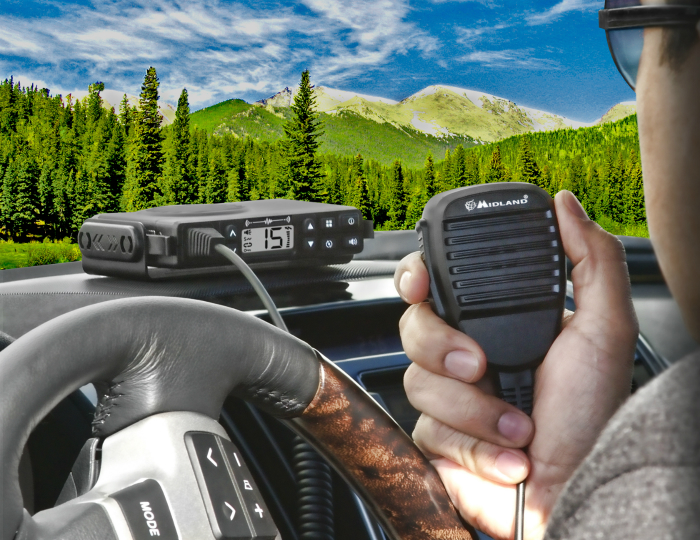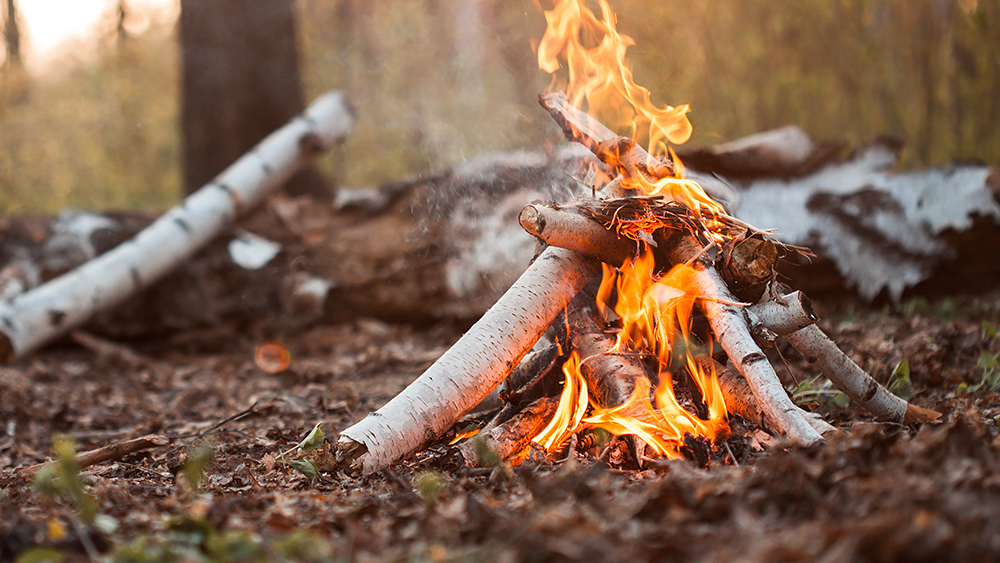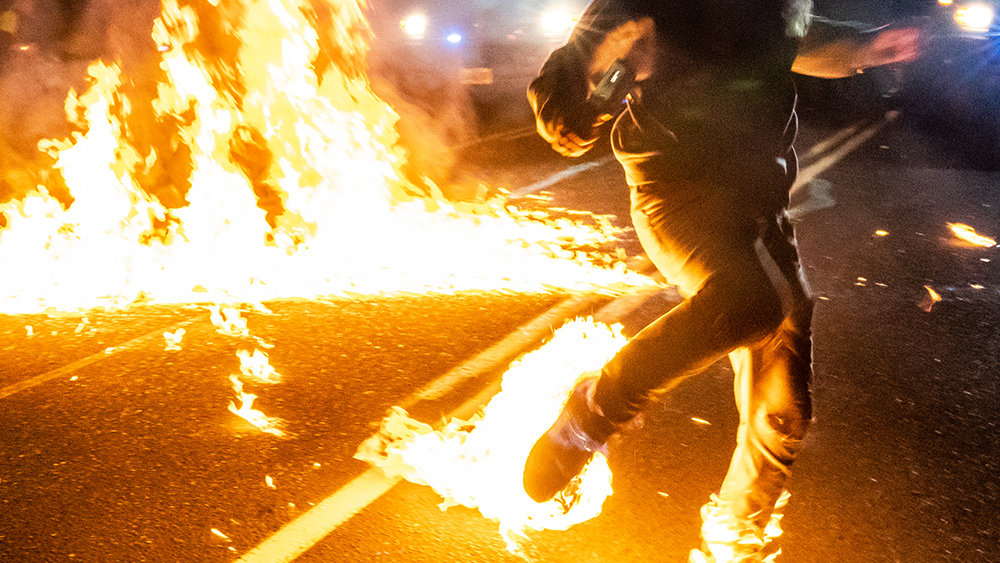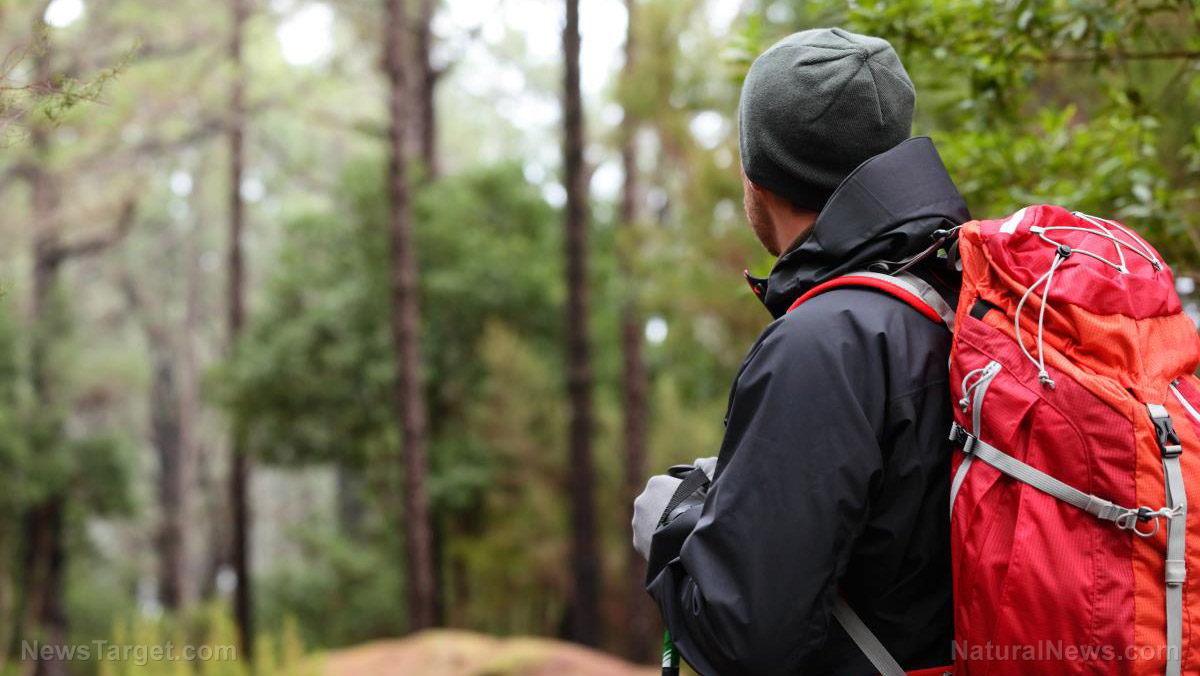
When putting together a survival plan, you need to prepare another means of communication besides a smartphone because cell towers will be likely down when SHTF. Old-school communication devices and techniques are your safest bets since they do not need an internet connection to work. Here are 10 old-time methods of communication: (h/t to Survivpedia.com)
1. Ham radio
Ham radios are very reliable for survival communication. In fact, the Federal Emergency Management Agency uses ham radios to broadcast vital information to hospitals, shelters, police stations, fire stations and other emergency services. Ham radios have a long range, with some operators being able to connect with people in another country.
To operate a ham radio, you need to obtain a license from the Federal Communications Commission (FCC). The FCC currently issues three classes of licenses, each of which confers the licensee certain privileges.
2. CB radio
Citizens band (CB) radios are land mobile radio systems that are commonly used today by truckers and other commercial drivers. Their range depends on whether the transmitter is located in a base station or a mobile unit. Base stations have a longer broadcasting range than mobile units. On average, CB radios can reach 25 to 50 miles.
3. Walkie-talkies
Walkie-talkies are short-ranged, hand-held, battery-powered radios that are perfect for emergency communication between family members. Depending on their broadcasting power, they have a range of one to 10 miles.
4. Hand-crank radios
Hand-crank radios don't need batteries because they use a crank generator to draw electric power. Since they can only receive information, they are best used to obtain daily weather reports and be informed of impending disasters. (Related: Prepper essentials: SHTF emergency communication plans for your family.)
5. Satellite phones
Satellite phones work during a disaster because they rely on satellites instead of cell towers. They are quite expensive but will work without interruption unless satellites are jammed.
6. Landline phones
Landline phones are not as reliable as the others listed here but they are much better than smartphones. While the use of landline has waned over the past few years, telephones remain in use around big cities and small towns. Keep loose change in case you find a payphone.
7. Morse Code
Morse Code uses a unique combination of dots, dashes and spaces to represent letters, numbers and punctuation marks. It works through the on-and-off keying of a medium like light, electric current, radio waves, sound and signal flags. Learn more about Morse Code by familiarizing yourself with the Morse Code alphabet.
Morse Code is ideal in situations where radios and other devices are unavailable. As long as you have the means to make a signal, it works in almost any circumstance.
8. 5x5 Tap code
The 5x5 tap code is a short-range communications system that uses tap sounds to convey a message. The sounds can be made by tapping on any object that can produce sounds, such as a pipe, a metal bar or wood.
Each letter of the English alphabet is assigned a box in a 5x5 grid. Since the alphabet has 26 letters, letters C and K share the top-row, third-column box to avoid an uneven grid.
Each letter is identified by tapping two numbers. The first number indicates a letter's row position while the second number indicates its column position. For instance, letter A is represented as one and one since it is located in the topmost and leftmost box of the grid. To interpret a message, a listener must be able to gauge the timing of the taps.
9. Homing pigeons
Pigeons have a good memory of where they live and how to get back home. When using homing pigeons, the transmission point should be a pre-set location that the birds are trained to return to. Once your pigeons are trained, you can place your message in a small case and strap it to a pigeon's leg.
10. Horseback mailing
When all means of communication and transportation are down, animals like horses and mules can be used to carry mail.
Old-school communication devices and techniques will come in handy when cell towers are down. Familiarize yourself with the methods listed here so you can reach your family and the authorities when SHTF.
Sources include:
Please contact us for more information.





















